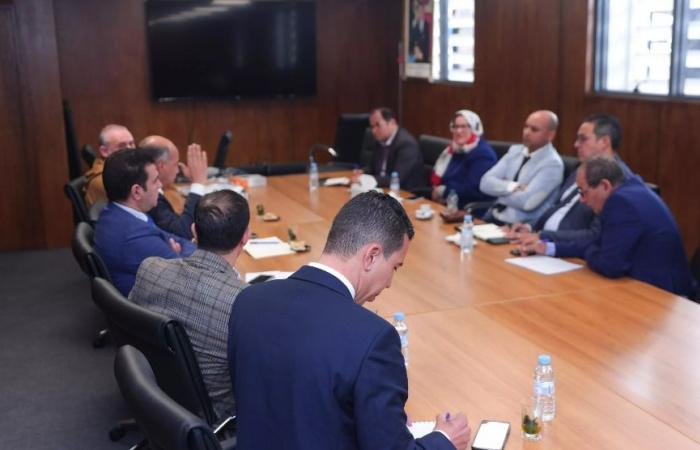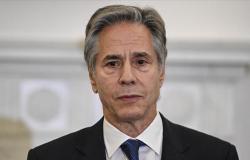Since the start of 2024, the café and restaurant sector in Morocco has been hit hard by a particularly difficult economic situation. A meeting, held this Thursday, January 2 in Rabat, allowed representatives of the National Union of Café and Restaurant Owners to make their voices heard. Convened by the Secretary of State for Labor, Hicham Sabiry, this meeting made it possible to put on the table the numerous problems facing this sector of the national economy.
Service providers in the sector are unanimous: they are suffering heavy losses, a large part of which dates back to the consequences of the COVID-19 pandemic. The health crisis has caused a drastic reduction in their turnover, reinforced by health restrictions which have limited commercial activity. Today, although the measures have been lifted, the recovery remains fragile, according to professionals who do not hide their dismay at a situation which seems to be worsening with inflation.
The increase in prices of raw materials, food products and energy had an immediate impact on the profitability of establishments. This inflation, which hits production costs hard, aggravates an already precarious situation. In the establishments, murmurs of fed up are heard. A café or restaurant must now juggle constantly increasing costs, while having to deal with a clientele that is ever more sensitive to price increases. “ We can no longer follow », confides a café owner in Casablanca. “ Margins are getting smaller and smaller, and with inflation we often have to close earlier or reduce our supply to limit losses. »
Read also: Ryad Mezzour engages in dialogue to support cafes and restaurants
The Rabat meeting made it possible to raise these concerns before the competent authorities. Representatives of cafes and restaurants focused on two major issues: the heavy arrears and penalties imposed by the National Social Security Fund (CNSS), and a tax framework considered rigid and unsuitable for the specificities of the sector. The accumulation of debts to the CNSS, caused by the difficulty of paying contributions during periods of crisis, is seen as an unbearable burden for many restaurateurs. The resulting financial penalties add to an already disastrous situation for certain professionals in the sector.
Hicham Sabiry, the Secretary of State, reacted positively to the concerns of professionals. He promised to collaborate with other institutions to examine viable solutions that would help defuse this crisis. According to him, a gradual and fair regularization of arrears to the CNSS is essential. He also recalled the need to adopt generalized social coverage, which he said would contribute to the sustainability of the sector.
However, one of the most worrying points raised during this meeting remains the lack of regularization of employees in cafes and restaurants. A significant proportion of workers in the sector are still not declared to the CNSS, which raises questions about their social security and their rights in the event of a problem. The lack of precise figures on this issue complicates the situation. Estimates vary, but a large majority of employees, particularly in small-sized establishments, escape any social security coverage, leaving these workers in precariousness which adds to a long list of difficulties.
The Secretary of State also insisted on the ongoing tax reform project. A review of the tax framework is considered necessary by professionals in the sector, who are calling for a system more adapted to the realities of their activity.
Morocco, despite institutional support, continues to record difficult figures. More than 40,000 business bankruptcies have been recorded in 2024, a phenomenon which, according to observers, reflects a crisis of confidence and an economic environment that is difficult to understand. The café and restaurant sector is unfortunately one of the collateral victims of this situation. Providers in this sector, who have been forced to reduce their workforce, increase prices and invest in solutions to survive, no longer hide their concern about the future.






